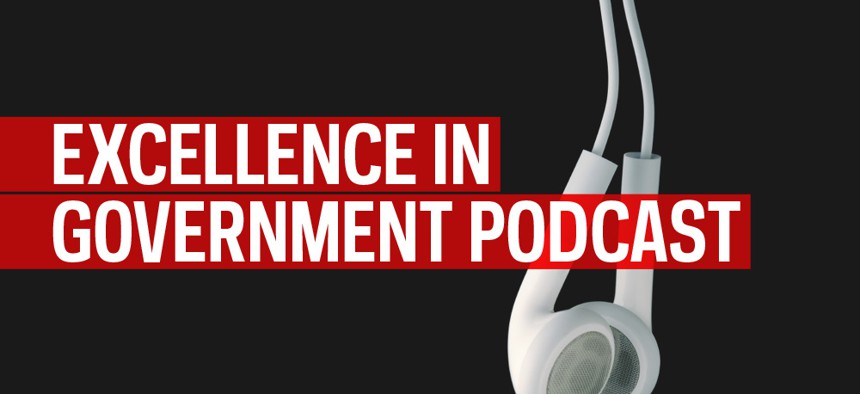
Finding Common Ground at the FAA
Air traffic control modernization has hinged on putting aside labor-management strife.
Listen to the story:
Download this episode | Subscribe on iTunes
In 2009, the stakes were high for the Federal Aviation Administration as it worked to modernize the nation's air traffic control operations. The agency was facing looming deadlines to implement the Next Generation Air Transportation System. At the same time, labor organizations representing the workers implementing the program were filing hundreds of thousands of workplace grievances. NextGen was a huge project and it needed to happen.
The FAA and the labor groups saw NextGen implementation as a "great rationale" to begin the process of working together better, says Cathy Wright of Overland Resource Group , a consulting firm focused on labor-management relations. The groups brought Overland in to help both sides collaborate around shared interests like NextGen implementation.
"If they weren't in it together," Wright says, "they were going to pull apart and not be able to accomplish that modernization and assure the safety and efficiency of the modern airspace."
Wright has been involved with the NextGen project since its inception. She has worked with FAA leaders, the Professional Aviation Safety Specialists and the National Air Traffic Controllers Association since 2009 to create a more stable and collaborative working environment for labor and management. Since working with Overland, FAA's ranking on the Best Places to Work in the Federal Government listing has jumped from 214 of 216 in 2009 to 114 of 292 in 2013 -- and grievances have plummeted.
Historically, air traffic controllers and FAA management officials have had an adversarial relationship , so Wright's work focuses on concepts like communication, understanding and, most of all, collaboration. "They've been really good at fighting. They've done it for years," she said. "And this is about saying 'hey, there's a different skill set required to lead in this kind of collaborative environment.' "
Overland works through shared interests to create a positive environment for all stakeholders in organizations like the FAA, Wright says. In this case, the overall performance of the agency was important, but bringing NextGen along was a major goal for all involved.
Other agencies can learn from the FAA's experience. While the Transportation Security Agency workers' recent union contract is a positive step, there is still work to be done across the federal sphere on relations between labor and management.
"Each agency has its own culture and environment," Wright says. "The value of putting collaborative processes in place benefits everybody."
To hear the entire interview, listen or subscribe to the Excellence in Government Podcast.







